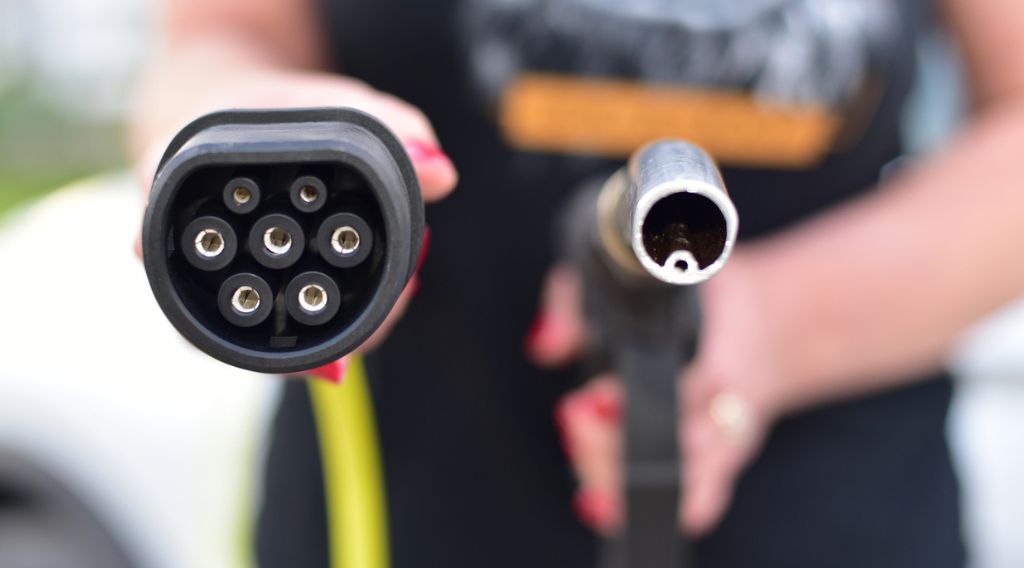 As has already been reported here and here, a major deal has been struck that brings the Bioeconomy Coalition of Minnesota and the Minnesota Environmental Partnership together in support of an amended version of the Bioeconomy bill in Minnesota. The agreement cleared a path in the Senate Energy and Environment Committee, where it had been stalled. The bill (HF 536/ SF 517) was amended on agreed-upon terms in House and Senate committees – the text of the Senate amendment is here. The text of the agreement is here.
As has already been reported here and here, a major deal has been struck that brings the Bioeconomy Coalition of Minnesota and the Minnesota Environmental Partnership together in support of an amended version of the Bioeconomy bill in Minnesota. The agreement cleared a path in the Senate Energy and Environment Committee, where it had been stalled. The bill (HF 536/ SF 517) was amended on agreed-upon terms in House and Senate committees – the text of the Senate amendment is here. The text of the agreement is here.
Once passed by the legislature, the bill (HF 536/ SF 517) will create production-based incentives for renewable chemicals, advanced biofuels, and biomass thermal energy. A University of Minnesota Extension study found that the bill could result in 14 new commercial-scale projects across the state, over $830 million in new economic output, and over 3,000 new jobs. In addition to the economic impact, the bill will help commercialize safer biobased alternatives to toxic chemicals, bring very low carbon intensity advanced biofuels into the market, and provide an alternative source of heat in areas of the state not connected to natural gas. The bill will position Minnesota as one of the world leaders in advanced biobased technologies, building on an industry cluster that has already brought in more than $200 million in venture capital investment.
The MEP “water cluster”, which focuses in part on reducing nutrient and sediment run-off from agricultural lands, is concerned that poorly managed crop residue harvesting to produce biofuels could exacerbate water pollution. MEP is a statewide coalition of environmental and conservation groups counting over 70 groups as members. MEP, Friends of the Mississippi River, and others, have opposed the bill, and testified against it as recently as February 18.
Members of the Bioeconomy Coalition and the MEP Water Cluster have been involved in an active dialogue for the past year, since the concerns were first raised in the last legislative session. Discussions included environmental groups that have long been part of the Coalition, such as Conservation Minnesota, Dovetail Partners, and the Institute for Agriculture and Trade Policy, as well as other Coalition members and MEP members. Talks intensified over the past few weeks, with meetings nearly every day and proposals being bounced back and forth, finally culminating in an agreement.
As part of the agreement, the Coalition and MEP agree to support an amended bill. The agreement only impacts advanced biofuel projects utilizing crop residues. It does not impact advanced biofuel projects using wood, sugar, starch, or waste materials. It also does not impact renewable chemical or biomass thermal energy projects.
The elements of the agreement are as follows:
- Any advanced biofuel project that uses crop residues like corn stover as a raw material must utilize increasing percentages of either perennial biomass (like switchgrass, miscanthus, or alfalfa) or biomass from cover crops (like winter rye). Any project receiving incentives must draw 10% of its feedstock from these sources in year one of its operation, 30% by year 3, and 50% by year five and beyond. The rest of the feedstock can include agricultural residues. The incentive program lasts for 10 years for an individual facility and the biomass requirements apply to the first year a facility will receive a payment, not the first year the program is authorized.
- Adds additional specificity and stringency to a “responsible sourcing plan” requirement that would encourage responsible management of crop residues to avoid damage to soil and water quality.
- Creates a new program that would help establish perennial crops on the landscape to help scale up this resource at commercial scale. The program would work similarly to other conservation programs that incentivize producers for the benefit these crops provide, but would encourage harvesting for bioenergy production. The working lands program is needed to provide certainty to industry that feedstock will be available to help meet the ambitious biomass requirements for the use of perennials and cover crops for cellulosic ethanol using crop residues.
This deal is important for many reasons. The Coalition gains new supporters for our 3-year-long push to pass the Bioeconomy bill in Minnesota. Groups that want to see more perennial crops and cover crops on the landscape to improve soil health and water quality gain a new market-based approach to encourage that. As we work to build a new industry in Minnesota, we can do so with the confidence that we are “doing it right”.
Finally, we believe this agreement is significant because it demonstrates that it is possible to have rural economic development and clean air and clean water. These are values broadly supported by Minnesotan’s from all walks of life and from all interest groups involved in this agreement. This bill shows that groups that don’t always agree – like agriculture and the environmental community – can work together and find things they agree on to help move our state forward.


